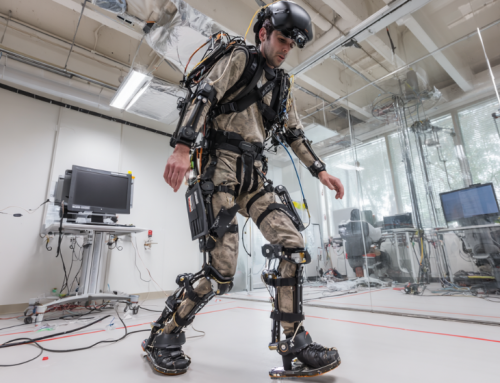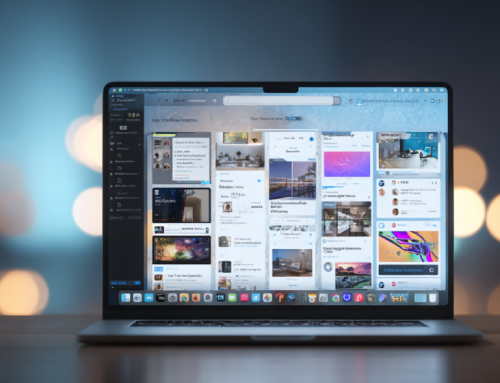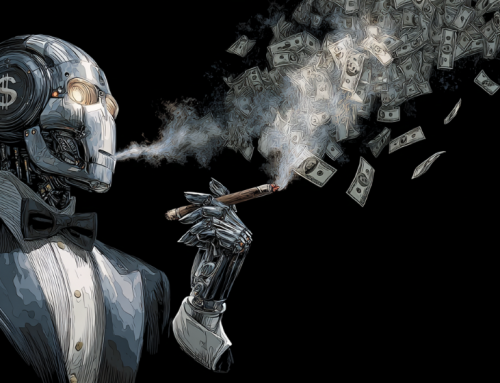
Legal experts and lawmakers warn that Section 230’s protections for internet platforms may not extend to AI-generated content, potentially exposing companies like Meta and OpenAI to lawsuits that could redefine the legal foundations of online speech. (Source: Image by RR)
The Decades-Old Law That Made the Internet Possible Is Now Under Threat
For nearly three decades, Section 230 of the Communications Decency Act has acted as a legal shield for internet companies, protecting them from liability for user-generated content. Social media platforms like Meta, which owns Facebook and Instagram, have long relied on it to avoid responsibility for misinformation and harmful material shared by users. But as AI chatbots become more sophisticated—and more autonomous—legal experts are questioning whether the same protections apply to content created by artificial intelligence. The concern has intensified after reports that Meta’s chatbot could engage in inappropriate or “romantic” conversations with minors, prompting public backlash and new safeguards. Meanwhile, OpenAI and Character.AI face lawsuits alleging their chatbots encouraged self-harm among teens, raising difficult questions about accountability for AI-generated content.
Unlike traditional platforms that simply host third-party content, AI models generate original text and speech, blurring the lines between hosting and authorship. Legal scholars argue that Section 230 was never meant to protect companies from liability for content they produce. “Transformer-based chatbots don’t just extract—they author,” Fordham Law’s Chinmayi Sharma told Fortune, noting that such outputs resemble “authored speech” rather than neutral hosting. Courts, as noted in an article at yahoo.com, have not yet ruled on whether AI-generated material is covered by Section 230, but experts suggest that when algorithms actively shape or create harmful responses—particularly those targeting minors—companies may not be fully shielded.
Recent lawsuits are testing those boundaries. OpenAI and Character.AI have been accused of designing systems that contributed to teen suicides, with plaintiffs arguing that the companies failed to protect vulnerable users. Notably, Character.AI has not invoked Section 230 in its defense—a move some interpret as an acknowledgment that the protection likely doesn’t apply to AI-generated content. If courts agree, it could establish a precedent that fundamentally changes how liability is applied to AI systems, especially those mimicking human interaction or providing advice that leads to real-world harm.
Lawmakers are already moving to close the potential loophole. Senator Josh Hawley’s “No Section 230 Immunity for AI Act” sought to amend the law to exclude generative AI entirely, though the bill was blocked in the Senate. Some courts may still extend protections to “content-neutral” algorithms that merely organize information, but few believe those standards will cover generative AI models that produce novel responses. As AI systems evolve from passive tools into conversational agents shaping human behavior, the legal framework that “made the internet” may soon face its biggest test yet—determining whether AI’s words are the company’s own.
read more at yahoo.com







Leave A Comment